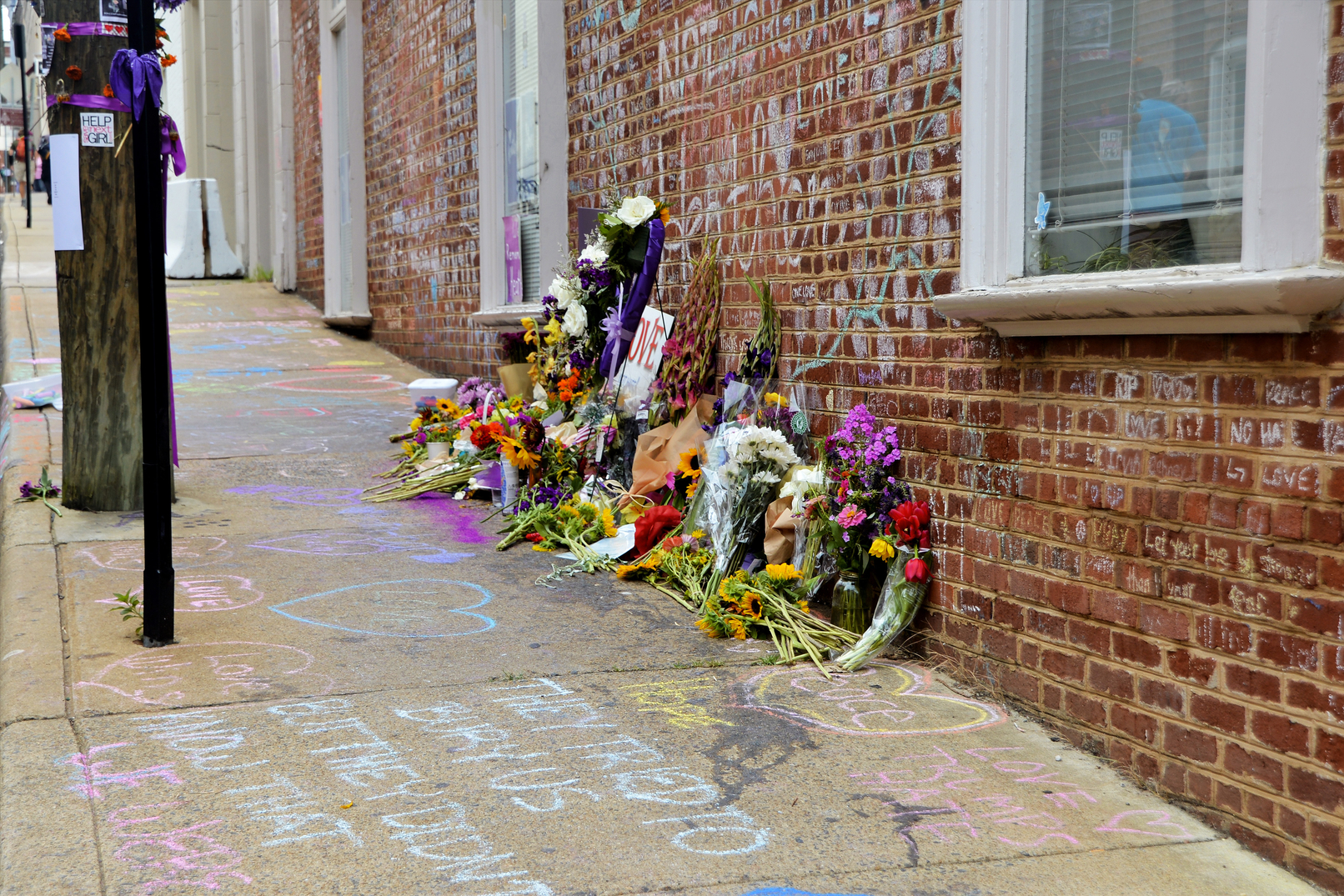The second impeachment trial of former President Donald Trump began this week in the Senate with Trump’s lawyers arguing in part that the former President’s statements are protected under the First Amendment as free speech.
Articles Posted in Free Speech
On Thursday, January 7, the U.S. Supreme Court rejected a case by Republican Congressman Louie Gohmert asking it to prohibit Vice President Mike Pence from certifying the election results.
In a reversal, Facebook is increasing its enforcement against hate speech.
On Monday, August 17, 2020, Children's Health Defense filed a lawsuit against Facebook, Inc. in the U.S. District Court, Northern District of California. The lawsuit alleges that Facebook acted jointly or in concert with federal government agencies or actors to deny Children's Health Defense's First Amendment speech and Fifth Amendment property rights. At issue in the case is Facebook's use of fact-checking warning labels and Facebook's disabling of the fundraising feature on Children's Health Defense's Facebook page.
Governor Brian Kemp of Georgia has filed a lawsuit against Atlanta Mayor Keisha Lance Bottoms, seeking to bar her from ordering city residents to wear face coverings to prevent the spread of COVID-19. The lawsuit comes days after Kemp issued an executive order prohibiting municipalities from mandating that residents utilize face masks. Kemp argues that Bottoms does not have the authority to modify or change his executive orders.
A Las Vegas resident has filed a lawsuit against the City of Sacramento, California regarding a section of the city code that requires people to stand when the national anthem is played. He alleges that he plans to attend at least one Sacramento Kings NBA game in the foreseeable future, but that it will be impossible for him to go if he must subject himself to criminal prosecution for exercising his freedom of speech by refusing to stand for the anthem at such an event.
Two plaintiffs have filed a lawsuit against the City of Cincinnati, alleging violations of the First and Fourteenth Amendments arising from the curfew the City recently imposed in light of ongoing protests against police violence and systemic racism. The plaintiffs state that they wanted to participate in the protests, but did not for fear of being subjected to arrest or injury due to police use of tear gas, pepper projectiles, rubber bullets, and other displays of force.
Plaintiffs in a lawsuit against the organizers of a 2017 white power rally in Charlottesville, Virginia are seeking to invoke a Civil War-era statute in utilizing the defendants' online statements to prove that they engaged in an illegal conspiracy to commit racially motivated violence. Defendants insist that their actions are protected by the First Amendment, though the judge in this case has declined to dismiss the plaintiffs' complaint on free speech grounds. The outcome of this case will likely be a strong indicator of whether and to what extent the statute at issue can be relied upon to curb online hate speech and its consequences.
The National Labor Relations Board ordered Google to remind employees that they have the right to talk about politics and other issues at work.
On Friday, August 30, 2019, the United States Court of Appeals for the Eighth Circuit rejected lawyer Arnold Fleck's challenge to the State Bar Association of North Dakota's collection of mandatory bar association dues. Fleck v. Wetch, No. 16-4564 (8th Cir. 2019), was remanded to the Eighth Circuit from the United States Supreme Court in light of the Supreme Court's June 2018 ruling in Janus v. American Federation of State, County, and Municipal Employees, 585 U.S. ___ (2018), holding that public-sector unions may not collect mandatory fees from nonmember employees unless the employees waive their First Amendment rights.










